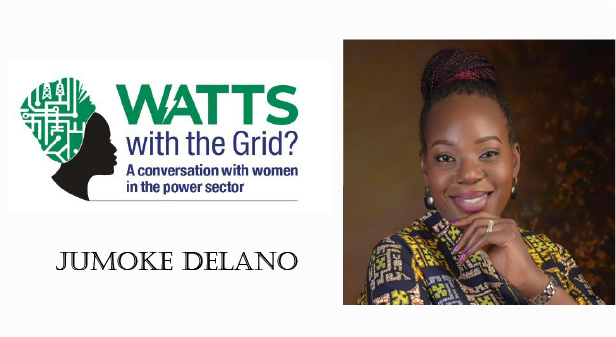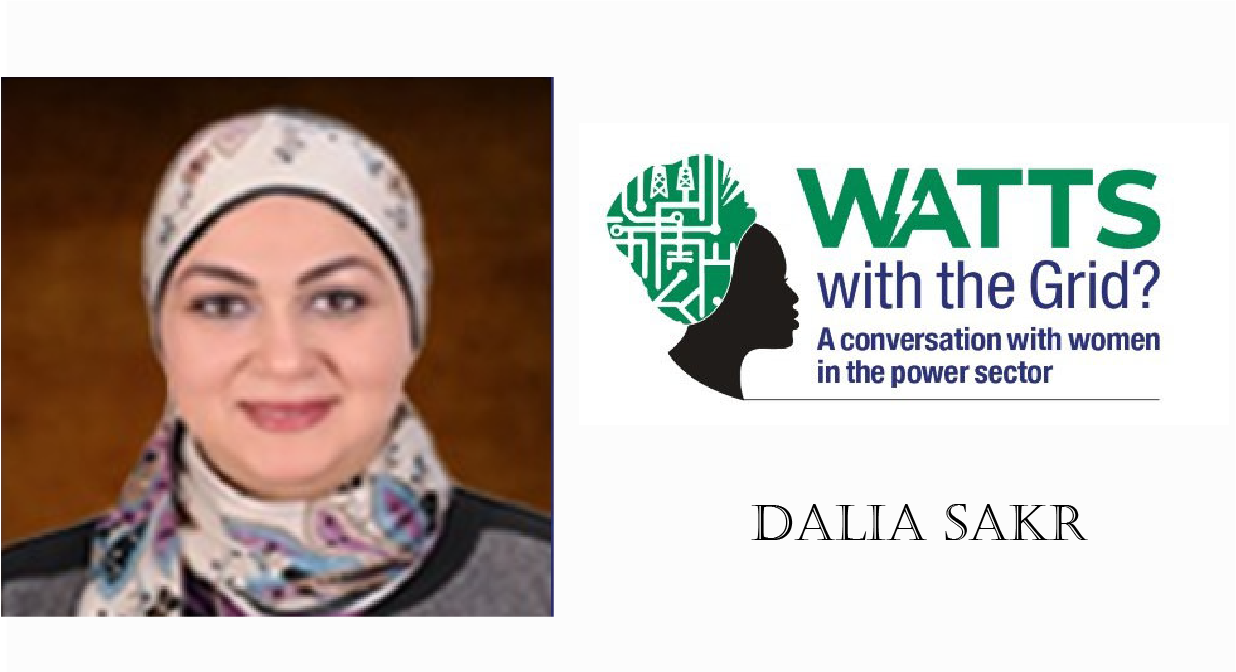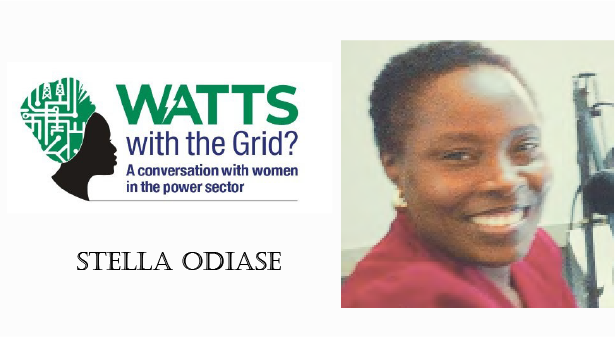
The recent Electricity Act of 2023 has sparked a significant shift in Nigeria’s approach to energy governance, focusing on decentralising electricity markets to accommodate the unique needs of each state. This transformation is not just about changing laws but about changing the way policies are implemented on the ground, ensuring they lead to real-world improvements. UKNIAF’s Cross Cutting Adviser, Stella Odiase and MEL Director, Khadijat Baba-Muhammad highlighted these transformational steps in a recent publication.
The Nigeria Governors’ Forum (NGF) and the United Kingdom Nigeria Infrastructure Advisory Facility (UKNIAF) organized a pivotal Roundtable in October 2023, which marked a critical turning point. This event wasn’t just another high-level meeting; it was a gathering that brought together governors, deputy governors, and energy commissioners from 23 states to discuss the practical implications of the new law.
One of the most crucial outcomes of the Roundtable was the formation of the State Commissioners of Energy Forum. This forum isn’t just another bureaucratic layer; it’s a platform for real action. It enables states that were unable to attend the Roundtable to access the information and recommendations that were shared, thus broadening the impact of the gathering and ensuring that more areas can benefit from the knowledge disseminated.
This kind of coalition is essential because sustainable change in complex systems like national electricity markets requires cooperation across various government levels and departments. By forming these coalitions, states can coordinate more effectively, share best practices, and ensure that initiatives are well-supported and aligned with the national vision.
The Roundtable also addressed the practical challenges that come with setting up sub-national electricity markets. For example, the NGF, with the support of UKNIAF, developed a toolkit for the states. This toolkit offers practical, accessible guidance to help states conduct internal assessments and establish baselines of their capabilities, define roadmaps for setting up their electricity markets, and explore potential cross-state collaborations.
Moreover, the forum has facilitated ongoing policy dialogues at the federal level, raising awareness among a greater number of state policymakers. Before the forum’s existence, it was common for individual commissioners to attend separate events, which often led to fragmented approaches and missed opportunities for coordinated action. Now, there’s a structured way for policymakers to access crucial information and engage with it meaningfully.
The ultimate goal is to produce tangible results that improve everyday lives. While the journey involves incremental steps, the direction is clear: moving from rhetoric to action, from isolated efforts to united, well-informed actions that are more likely to succeed because they are collective and informed by a shared understanding of goals and challenges.
In conclusion, the journey towards a decentralised electricity market in Nigeria is a vivid example of how legal frameworks can lead to substantial institutional and societal changes when coupled with effective policymaker coalitions. As Nigeria continues on this path, the lessons learned and the structures put in place could serve as a blueprint for other sectors and countries facing similar challenges, and UKNIAF is proud to have played a small role in this process.












